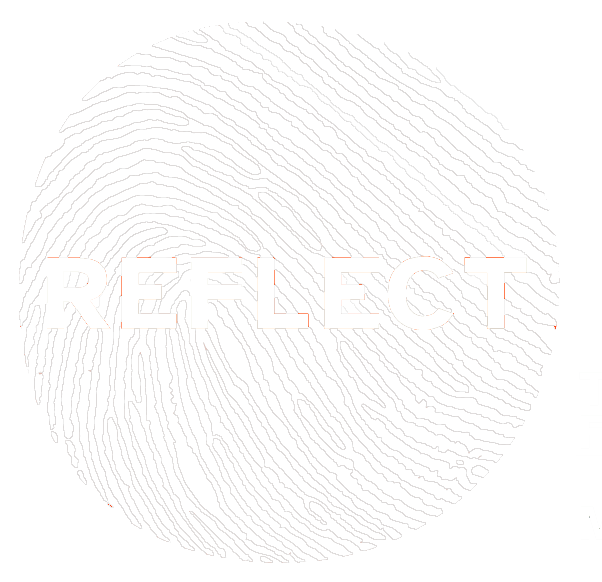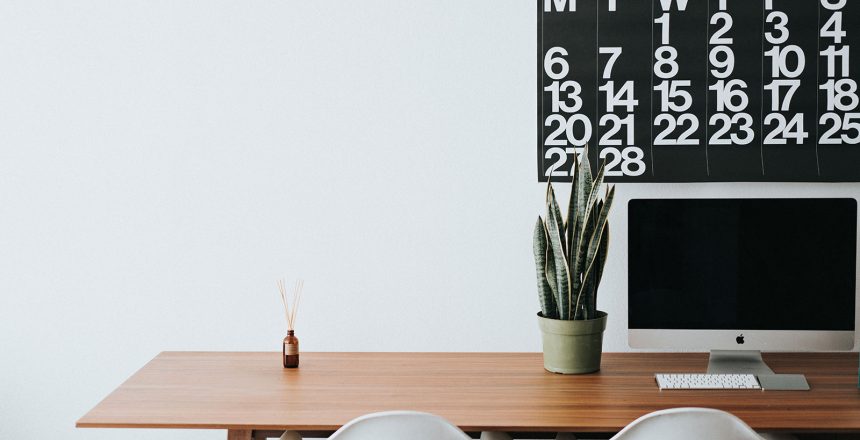Your environment makes a big difference to your happiness. We’ve sourced 10 ways to make yours more positive, straight from the experts
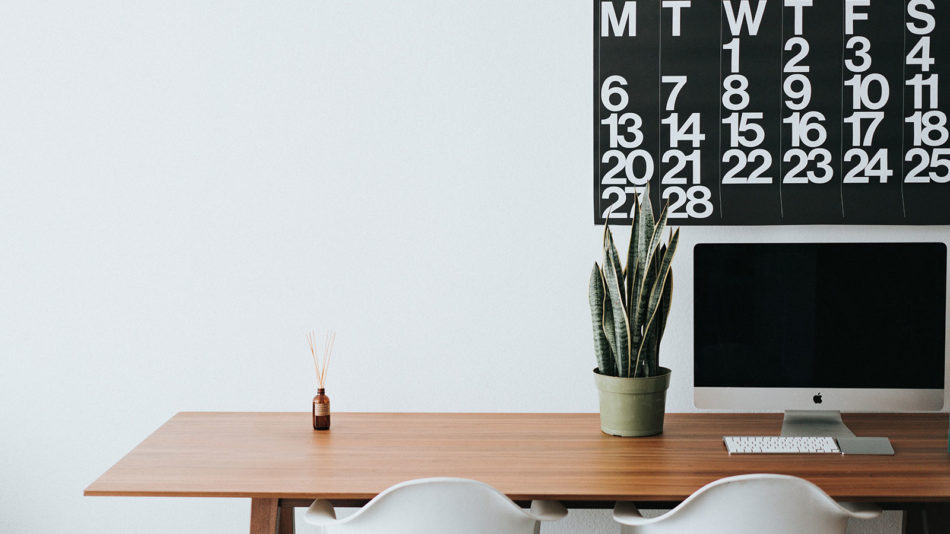
While we can’t single-handedly solve the COVID-19 crisis or sort out British politics, we can control our personal environment. Be it your WFH space or just your relaxing home environment, the benefits of an optimised space on your wellbeing are proven and well-documented. Here are 10 simple ways to boost yours.
1 BE GENEROUS
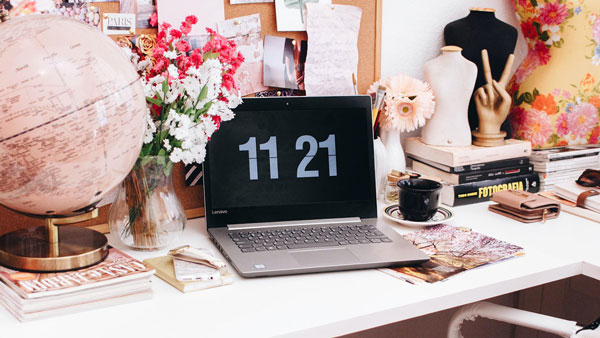
‘First up, make sure that you avoid the worst environment – a lean space,’ says Dr Craig Knight, occupational psychologist and director of Identity Realization (identityrealization.com). He argues that too much minimalism can be actively bad for you. ‘The sparse workspaces that are popular these days have no psychological validity at all,’ he says. ‘Putting a human being in one is the same as putting an animal in a lean cage – they’re miserable.’ Though damaging to wellbeing, you might still expect a minimal space to boost your productivity, but Dr Knight’s research has actually found wellbeing and productivity to be inextricably linked. Sometimes, less is less, so shun simplicity and get more creative with your workspace.
2 GO GREEN
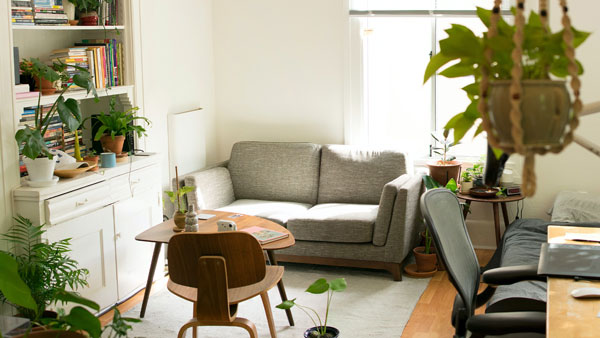
Sure, it sounds basic. But myriad studies demonstrate foliage’s stress-busting properties and positive effects on health and wellbeing. Plus, Dr Knight’s research found that filling a lean space with houseplants boosted productivity by 15 per cent.
3 ORDER, ORDER
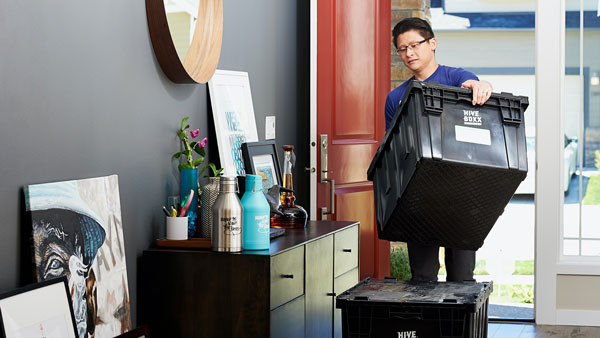
‘For most people, taking the time to create order in their space tends to make them happier,’ says Gretchen Rubin, author of bestselling books including Outer Order, Inner Calm (Two Roads, £12.99). ‘But don’t start by “getting organised” – this tends to result in people buying more stuff, like filing cabinets or complicated hangers, to help them jam more stuff into place.’ Indeed, the wake of Tidying Up With Marie Kondo on Netflix saw sales of storage boxes rise by 47%, and clothing hooks by 36%. ‘Instead, get rid of everything you don’t need, use or love, and all of a sudden you have enough space to put things away. Maybe you don’t need a filing cabinet, because all your papers are online now. And be sure to have dedicated places for things, rather than just putting them away in any old place for the sake of tidiness. That’s how people end up with four hammers and tons of batteries.’
4 FOLLOW THE ONE-MINUTE RULE
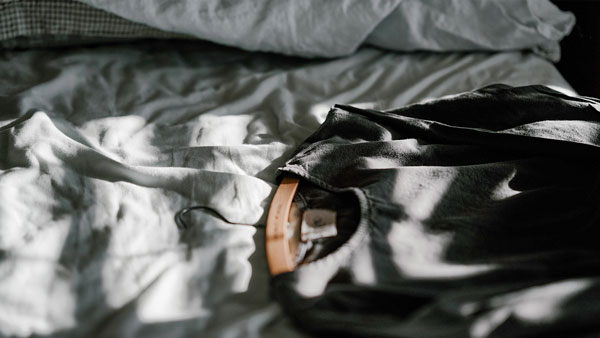
‘Anything you can do in less than a minute, do without delay,’ says Rubin. ‘So hang up your coat, rip open a letter, scan it, see that you don’t need it and put it in the recycling. Anything you can do in less than a minute, you can just do as part of your ordinary day, and avoid that clutter that sits on the surface of life and drags us down.’ Links have been found between clutter and higher levels of stress hormone cortisol, so do yourself a favour and clear up that floordrobe.
5 ENRICH YOUR ROOM
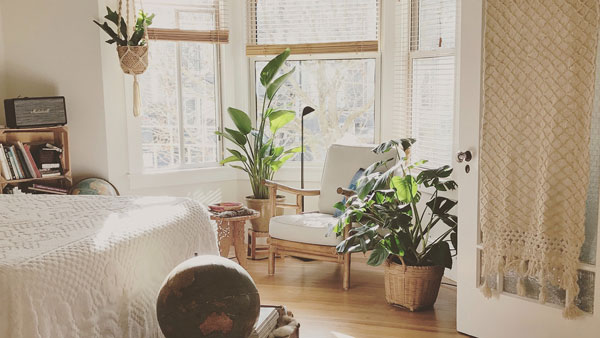
Dr Knight says all spaces are improved when enriched – in other words, made less sparse and more personal. ‘Make it psychologically engaging. You can do that by putting “stuff” in the space – anything from pictures on your desk to potted plants. There’s evidence that a rich interior increases happiness and creativity.’ Indeed, Dr Knight’s methodology has seen rises of 40 per cent in wellbeing and 19 per cent in ‘effective intelligence’, where you use your natural capabilities successfully.
6 MAKE THE BED
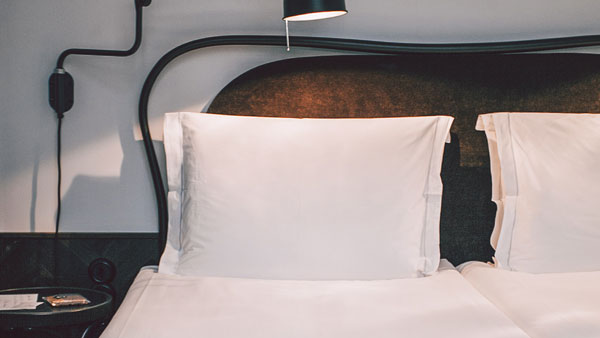
‘This seems like it shouldn’t make a big difference, and yet over and over people tell me this is something that boosts their happiness dramatically,’ says Rubin. ‘I think it’s about getting something small crossed off your list early in the day, as well as making your space look calmer.’
7 GET PERSONAL
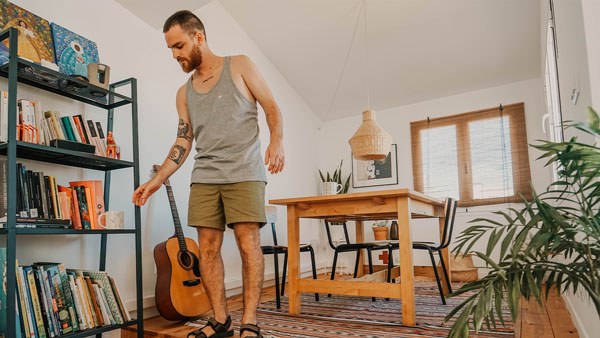
‘While things like biophilic design [architecture that connects with nature] and fresh air are good, they are nowhere near as good as being able to develop your own space,’ says Dr Knight. In his experiments, empowerment was the key factor, increasing productivity by 32 per cent. ‘In a space that’s developed as they like it, people tend to be more engaged, happier, healthier and perform better. Essentially, it’s about control.’ This can be tricky at work, but Dr Knight says so long as you can see your own identity reflected in your space, you’re on the right track. ‘Ideally, we need managers to trust their staff to make their own decisions. Go to them with the evidence – there’s overwhelming evidence for enriched spaces created with autonomy, and none for doing anything else.’
8 DO A 10-MINUTE CLOSER
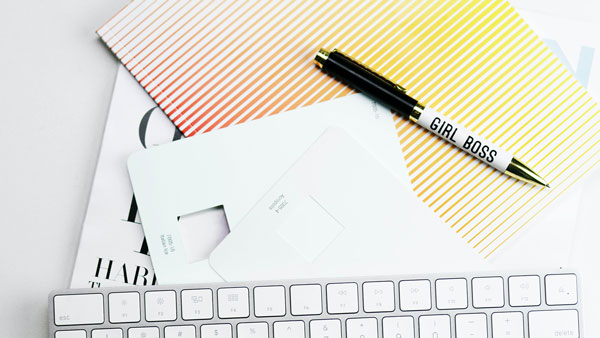
‘Every time you leave an environment for the day, spend 10 minutes tidying it up,’ says Rubin. Studies show a messy desk leads to increased stress, and the average executive loses an hour of productivity each day searching for missing info. ‘If you walk into your office and it’s littered with papers and dirty cups, you’re unlikely to dive straight into work. A short tidy makes it easier to come and go into a space that’s more serene.’
9 R E M E M B E R B E AU T Y
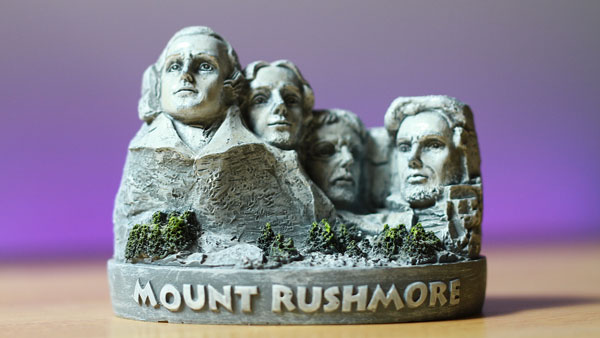
‘It’s not enough to have everything organised, you want it to be beautiful,’ says Rubin. ‘Perhaps it’s bringing in nature – a plant, a bowl of pinecones or some sea shells you collected on holiday, sparking a happy memory.’ Studies suggest recalling happy memories can reduce the risk of depression, so reminisce away.
10 SET A GRATITUDE REMINDER

‘This might be an overt screensaver or password, or an action or place you train yourself to associate with gratitude – maybe every time you take your dog for a walk, think how happy you are to be out in nature, breathing the fresh air,’ says Rubin. She believes a reminder that you can incorporate into your work space helps give transcendent meaning to a daily aspect of life we may often find challenging. Holiday snaps at the ready.


